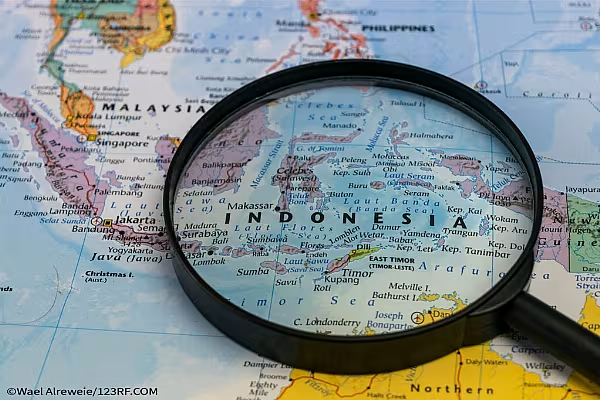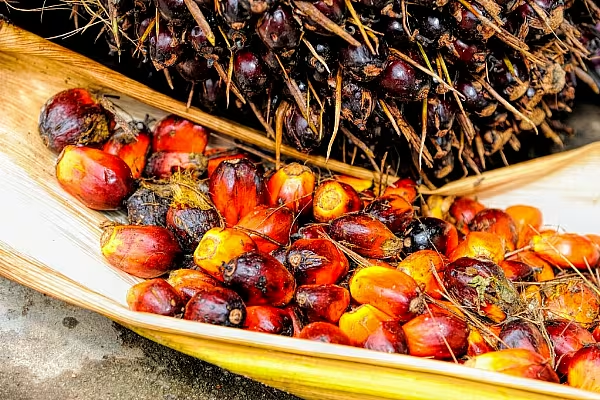Indonesia has said that a proposed European Commission delay in the rollout of its anti-deforestation law was a good step but a more pressing issue was implementation regulations rather than timeframe.
Coordinating minister of the economy, Airlangga Hartarto, told Reuters the European Union should cancel its country benchmarking on deforestation, where the commission will classify nations as high, standard or low risk in terms of compliance.
The European Union Deforestation-free Regulation (EUDR) bans EU imports of a range of commodities linked to forest destruction.
Indonesia is the world's biggest producer and exporter of palm oil and has long been a fierce critic of the law, arguing it was hurting smallholders and discriminated against its palm oil industry.
The EU was Indonesia's fourth-biggest export market in 2023 and the bloc receives 11.5% of its palm oil exports.
"It's not about the delay but the implementing regulations," Airlangga said, adding that any postponement would ideally be for two years, not 12 months.
"The EU has no right to be a rating agency," he said.
EUDR Implementation
Indonesia's palm oil association GAPKI, however, welcomed the proposal to postpone the implementation of the law, which it said would give the industry more time to prepare.
"We will continue to advocate against which regulations are burdensome, or not in accordance with Indonesia's law ... the EU should also understand our conditions," GAPKI chairperson, Eddy Martono, told Reuters.
Malaysia, the world's second-biggest producer of palm oil after Indonesia, has also strongly opposed the EU policy, calling it a deliberate effort to increase costs and barriers for its palm oil sector.
The Malaysian Palm Oil Council on Thursday called the move a sensible decision that would allow supply chains globally to comply.
Malaysia's commodities and plantations ministry did not immediately respond to a request for comment.
Indonesian minister Airlangga said his country advocated against use of geo-tagging for product traceability. He also urged the EU to recognise existing mutual recognition agreements on sustainability on palm oil.











